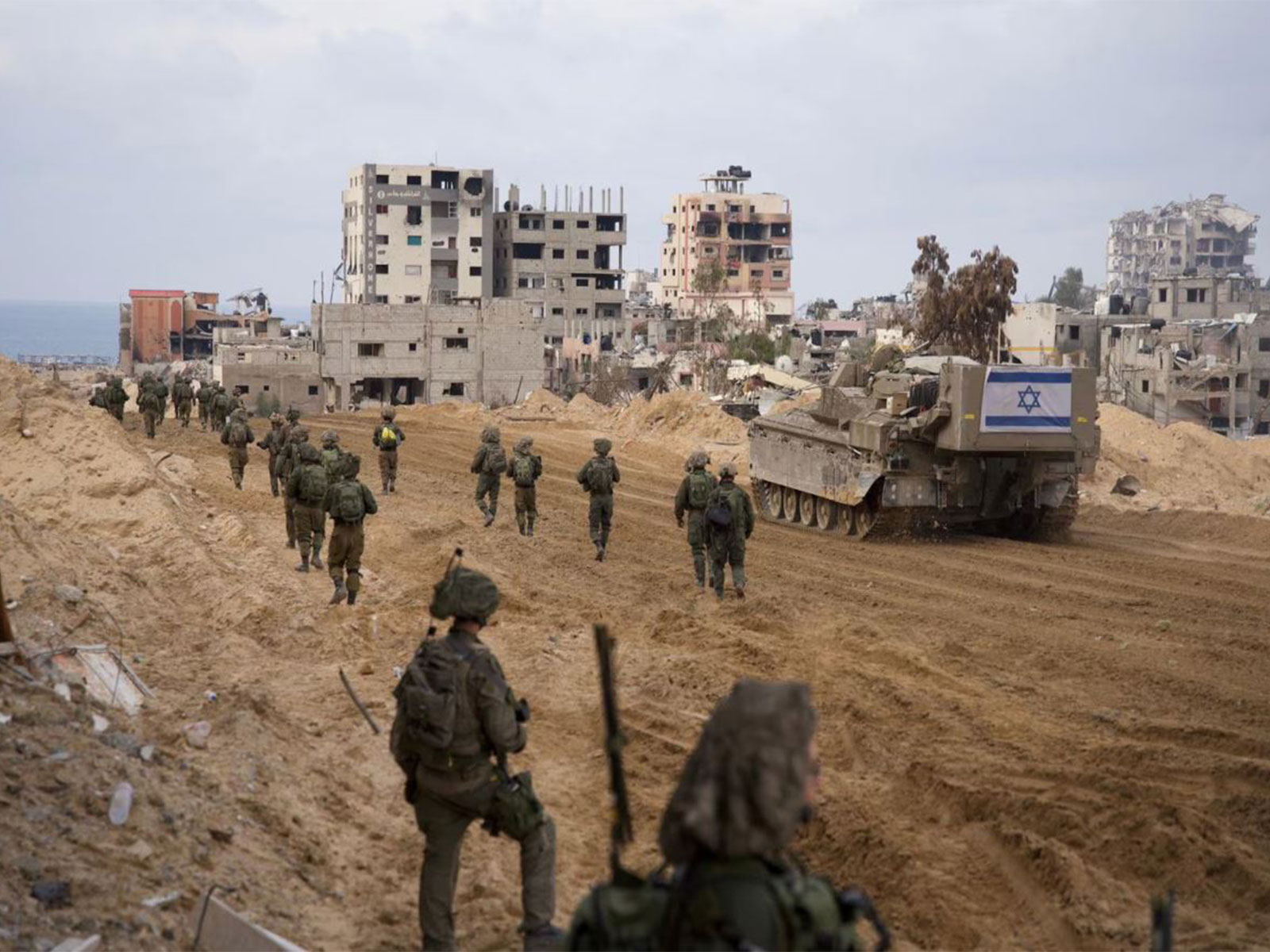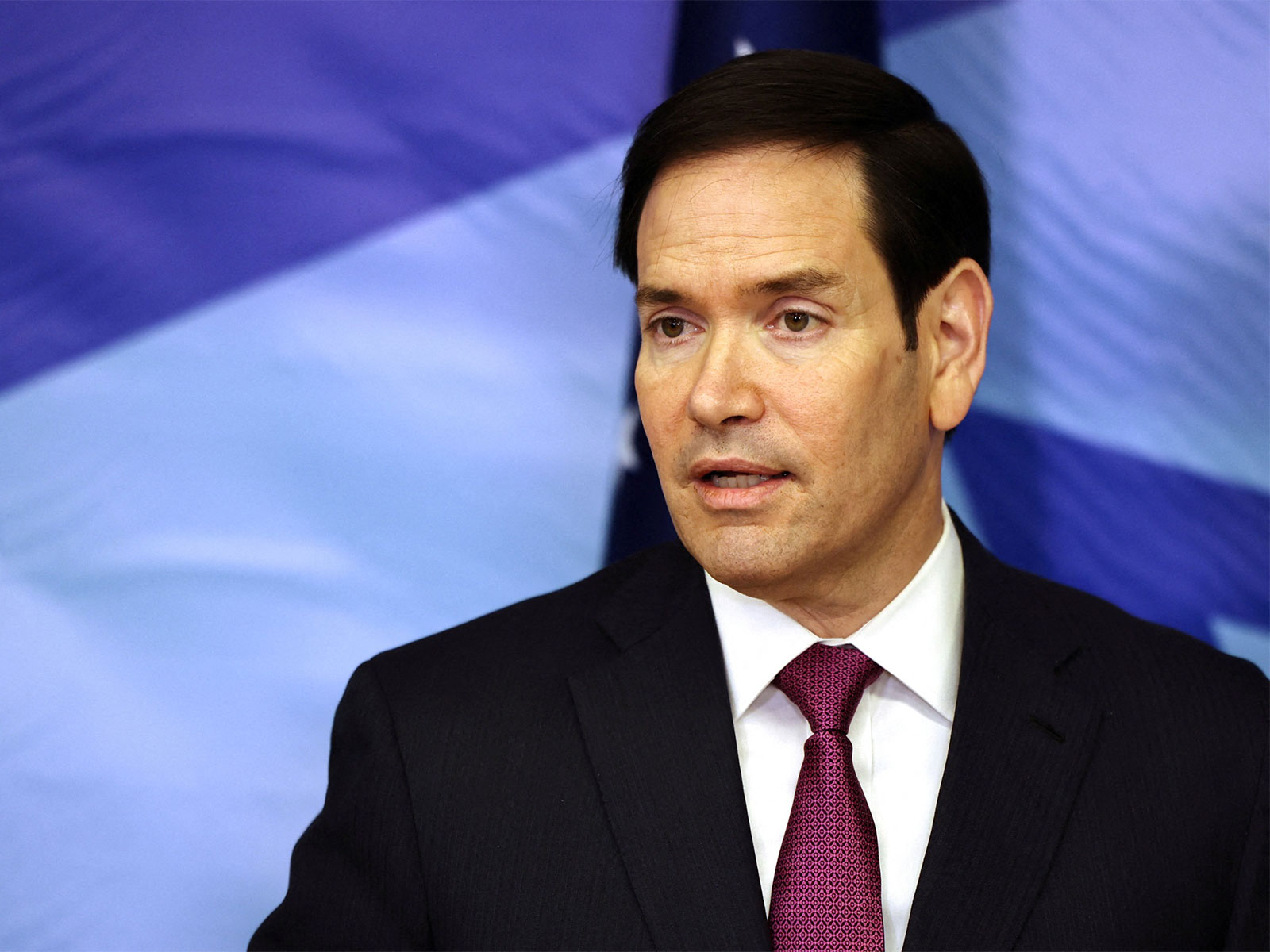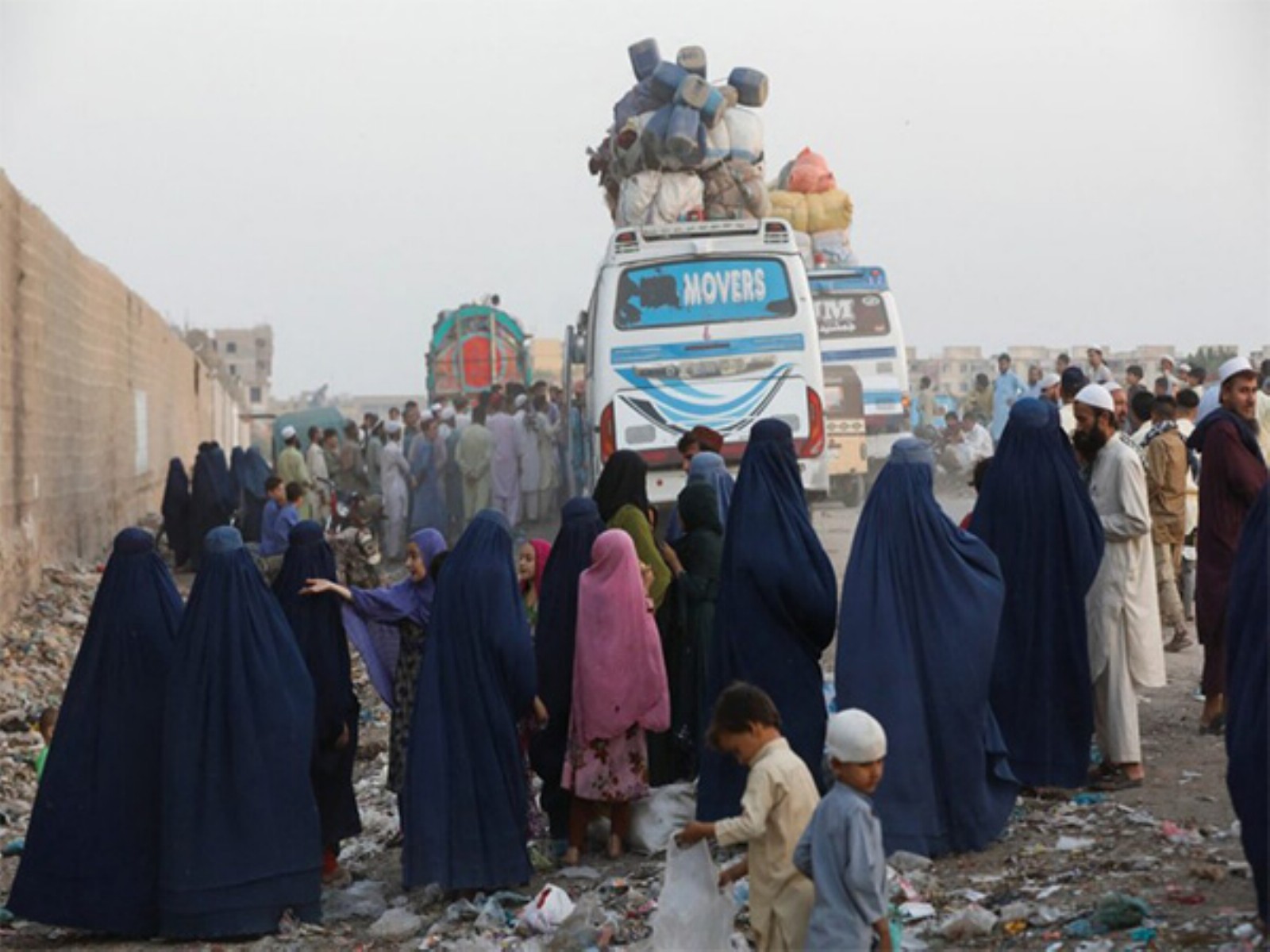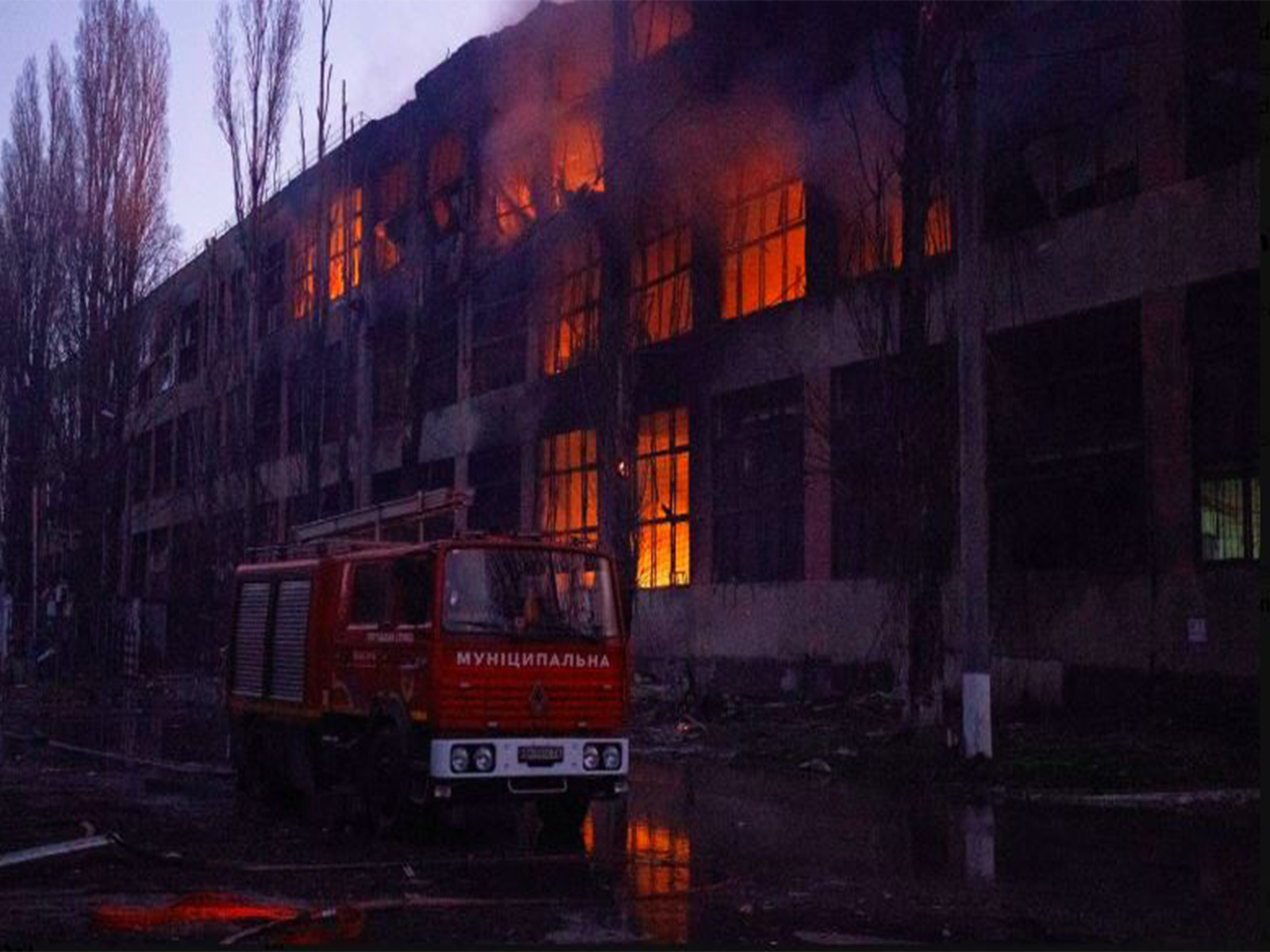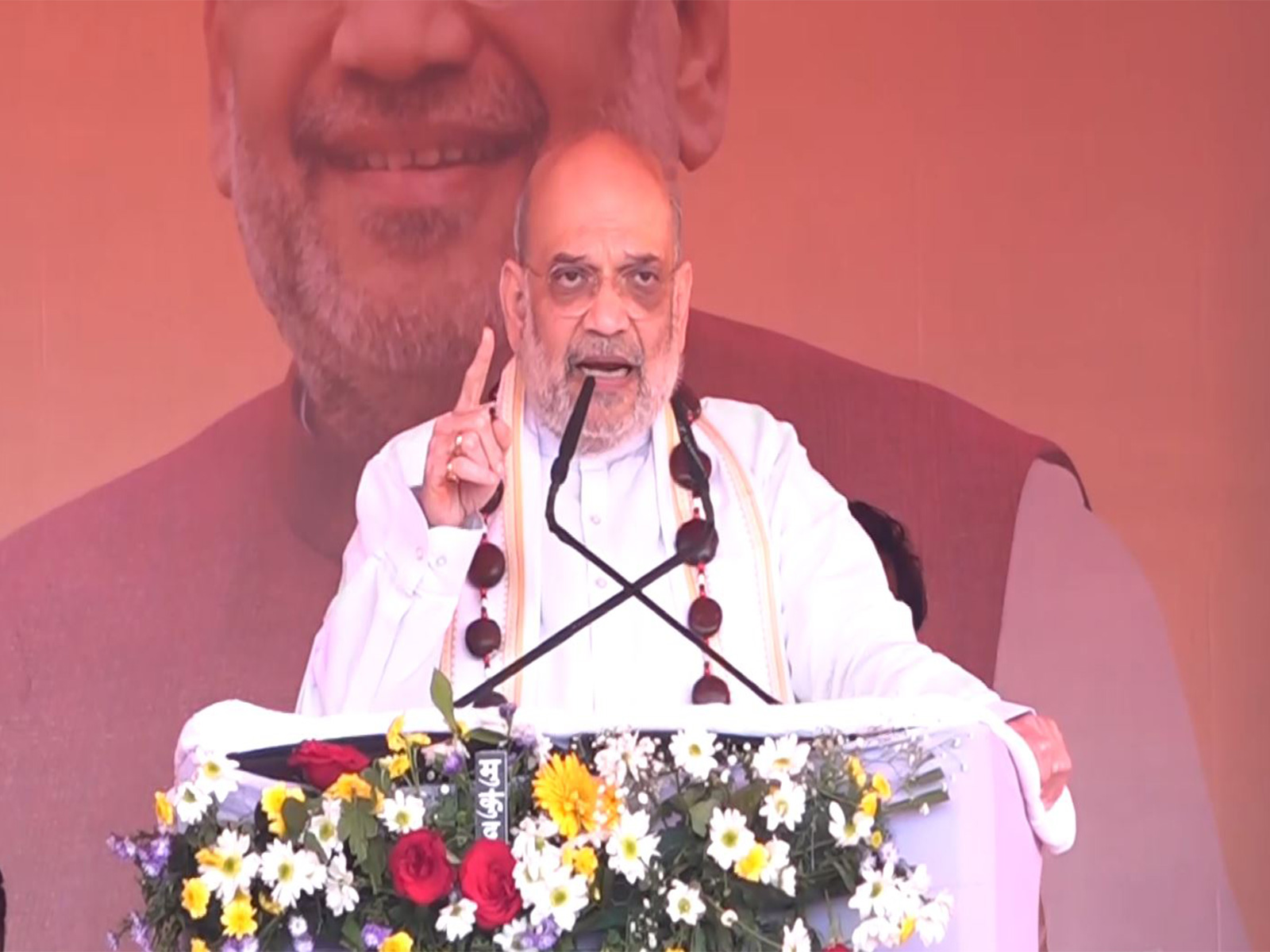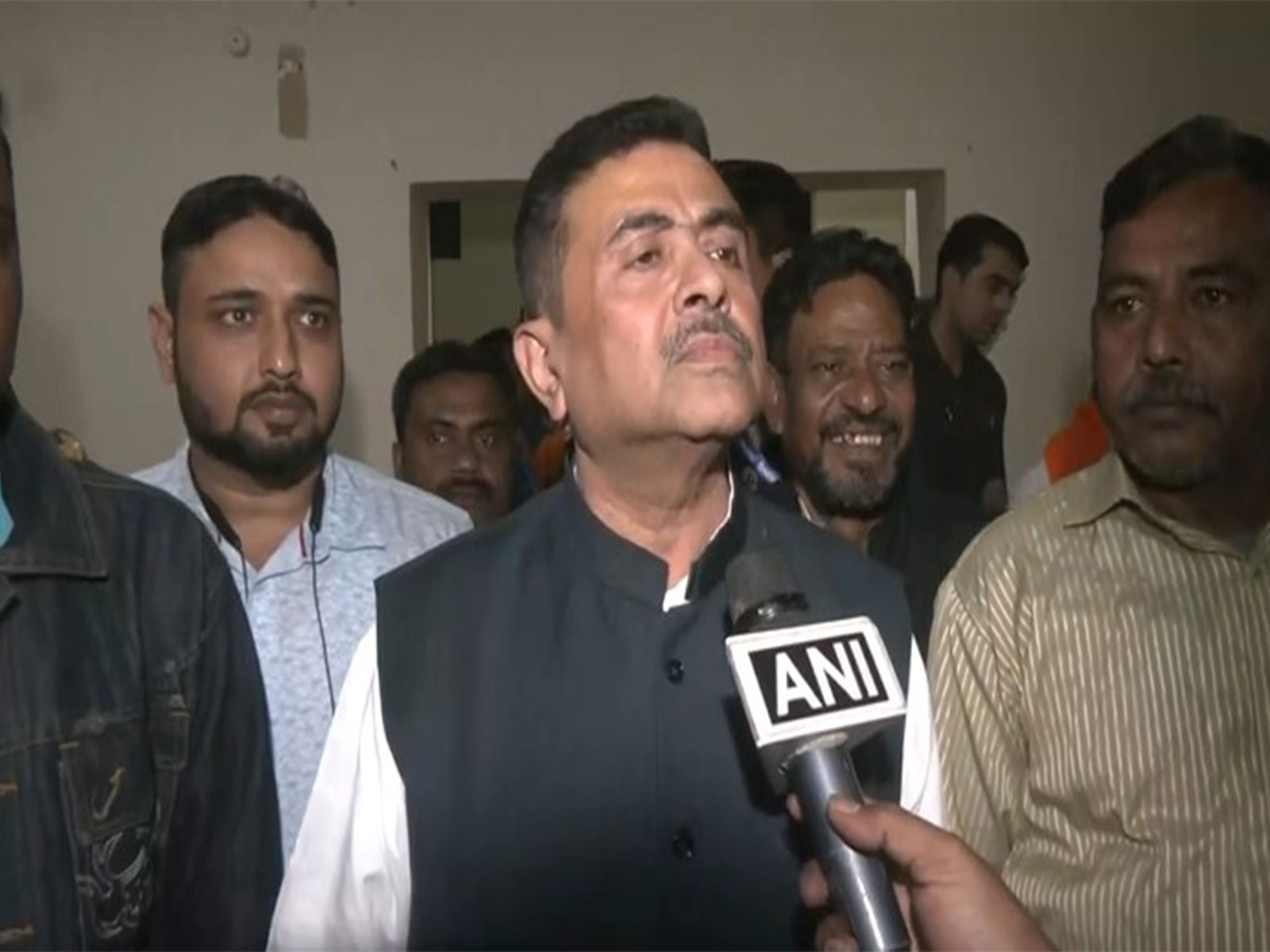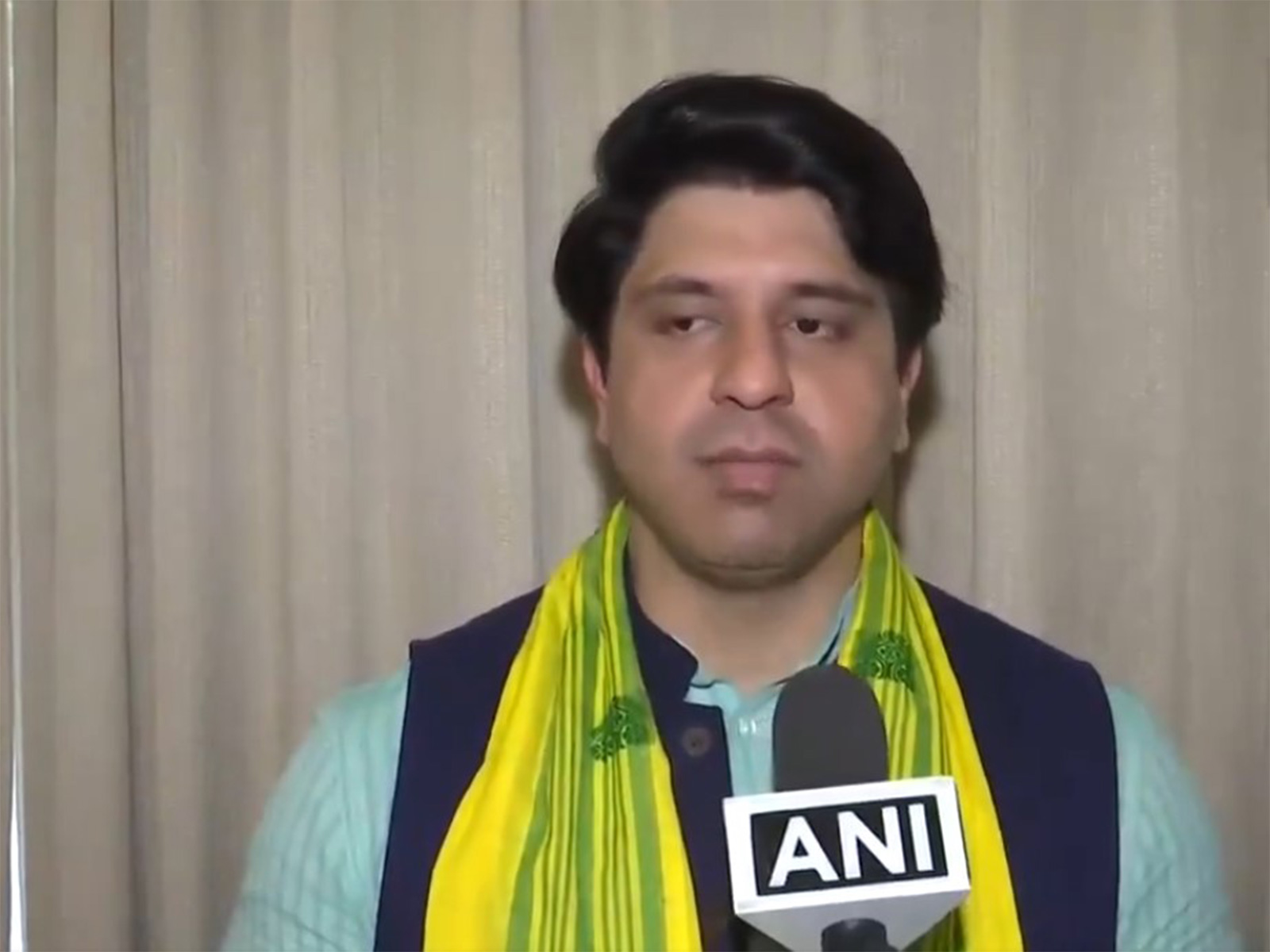Global South leaders call for Int'l cooperation in countering terrorism, dialogue to resolve conflicts
Nov 21, 2023

New Delhi [India], November 21 : At the Voice of the Global South Summit, the leaders from the Global South countries recalled their commitment to strengthening international cooperation to combat terrorism and expressed their concern at the ongoing conflicts, saying, "Today's era must not be of war".
The leaders also expressed their concern at the ongoing conflicts and the disproportionate adverse impact on developmental efforts in the countries of the Global South while advocating for a return to dialogue and diplomatic discussions.
The summit, organised virtually by India under the theme 'Global South: Together for Everyone's Growth, Everyone's Trust', was held last week on Friday.
The leaders recalled their commitment to strengthening international cooperation to prevent and combat terrorism in all its forms and manifestations. They highlighted the need to prevent the misuse of new and emerging technologies for terrorist purposes and called for strengthened international cooperation and national cyber capabilities in this regard, according to the Ministry of External Affairs (MEA).
The leaders stressed the need to reform global governance structures in order to make them more responsive to contemporary realities and the global challenges of the 21st century, especially the needs of the Global South.
They further emphasised that development cannot be realised without peace and security, expressed their strong commitment to finding peaceful and just solutions to disputes and reaffirmed the need to build peaceful, just and inclusive societies. They highlighted the urgency for all countries to come together in the spirit of equality, mutual respect and solidarity and act as 'One Family', the MEA said in a release.
They expressed their commitment to promoting a systemic shift towards a more inclusive, just, peaceful, resilient and sustainable world for people and planet, for present and future generations.
The leaders also expressed their concern at the ongoing conflicts and the disproportionate adverse effect they have on developmental efforts in the countries of the Global South. The leaders expressed deep concern at the deteriorating security situation in several parts of the world and called for a return to dialogue and diplomatic discussions.
They further underlined their commitment to extending humanitarian assistance to meet the urgent needs of civilian populations and called for these efforts to be supported. In this context, they recalled the need for countries of the Global South to strengthen development and economic cooperation among themselves and to promote the peaceful resolution of conflicts, efforts to address crises, diplomacy and dialogue.
They further expressed the sentiment that 'Today's era must not be of war'.
At the summit, the leaders also resolved to come together amidst the unprecedented challenges facing the global south. In their remarks at the summit, leaders recalled the multiple crises faced by the Global South in recent years, including the COVID-19 pandemic, the impact of climate change, rising inflation and food and energy insecurity, as fallout geopolitical tensions, creating additional challenges to their efforts to eradicate poverty, access to concessional financing, and achieve the SDGs.
Leaders, in their interventions, agreed that the challenges reflect the familiar struggles of the past for the countries of the Global South, their shared challenges of today, as well as their shared vision for a future in which no one is left behind, anywhere in the world.
The leaders of the Global South countries congratulated India for successfully hosting the 18th G20 Summit in New Delhi (September 9-10, 2023) under the theme "One Earth, One Family, and One Future".
They expressed appreciation towards India's efforts in strengthening the voice of the Global South, including by making the African Union a permanent member of the group and galvanising concrete G20 actions for the Global South during its G20 Presidency. Leaders highlighted the following broad areas for collective global action in order to realise the vision for an inclusive, peaceful and prosperous future for all:
In their deliberations, the leaders called for human-centric development that allows our world to progress towards our 'One Future' while leaving no one behind, especially in the Global South countries, which are home to two-thirds of humanity. In this regard, they emphasised the need for the international system to shift to a human-centric view. Recognising that eradicating poverty in all its forms and dimensions, including extreme poverty, is the greatest global challenge and an indispensable requirement for sustainable development, leaders expressed their commitment to working tirelessly to enable equitable access to sustainable development, poverty eradication and reducing inequalities. Leaders further called for it to become the top priority agenda item for our international system and institutions.
They underlined that for development to be truly human-centric and deliver for everyone's growth, development cooperation should be driven by the key principles of trust, transparency, and equal partnership; should be demand-driven; should respect national sovereignty; and should be tailored to local, national and regional needs and circumstances. Further leaders highlighted the need for respecting national sovereignty, national ownership and independence; equality; non-conditionality; non-interference in domestic affairs; and mutual benefit.
In their interventions, leaders emphasised that the prosperity and well-being of present and future generations depend on our collective current choices affecting Mother Earth. They reiterated that no country should have to choose between fighting poverty and fighting for our planet and that climate action must be guided by the principles of equity, climate justice and Common but Differentiated Responsibilities and Respective Capabilities (CBDR-RC).
In this regard, the leaders recognised the need for increased global investments to meet internationally agreed climate goals and to rapidly and substantially scale up investment and climate finance from billions to trillions of dollars for the Global South countries. Leaders expressed their commitment to embrace voluntary environmental and climate-conscious actions by individuals, public and private entities that would fast-track our collective actions towards achieving a sustainable economy, the MEA release also said.
The leaders highlighted the impact of global crises on developing countries, which have been disproportionately affected by increasing energy and food security challenges. In this regard, they called for stepping up efforts, maximising synergies and minimising trade-offs through the promotion of development models that take into account the priorities, needs, vulnerabilities and different national circumstances of developing countries.
The leaders highlighted the need for continued international and national efforts for economic growth, reducing global inequality, ensuring food security and the implementation of sustainable, inclusive and globally just energy transitions while leaving no one behind.
The leaders also agreed that achieving an inclusive energy transition is contingent on a global partnership and such a collaborative approach will result in optimum resource distribution, technological tie-ups and the sharing of best practises. India also invited the Global South countries to join the Global Biofuels Alliance, according to MEA.
